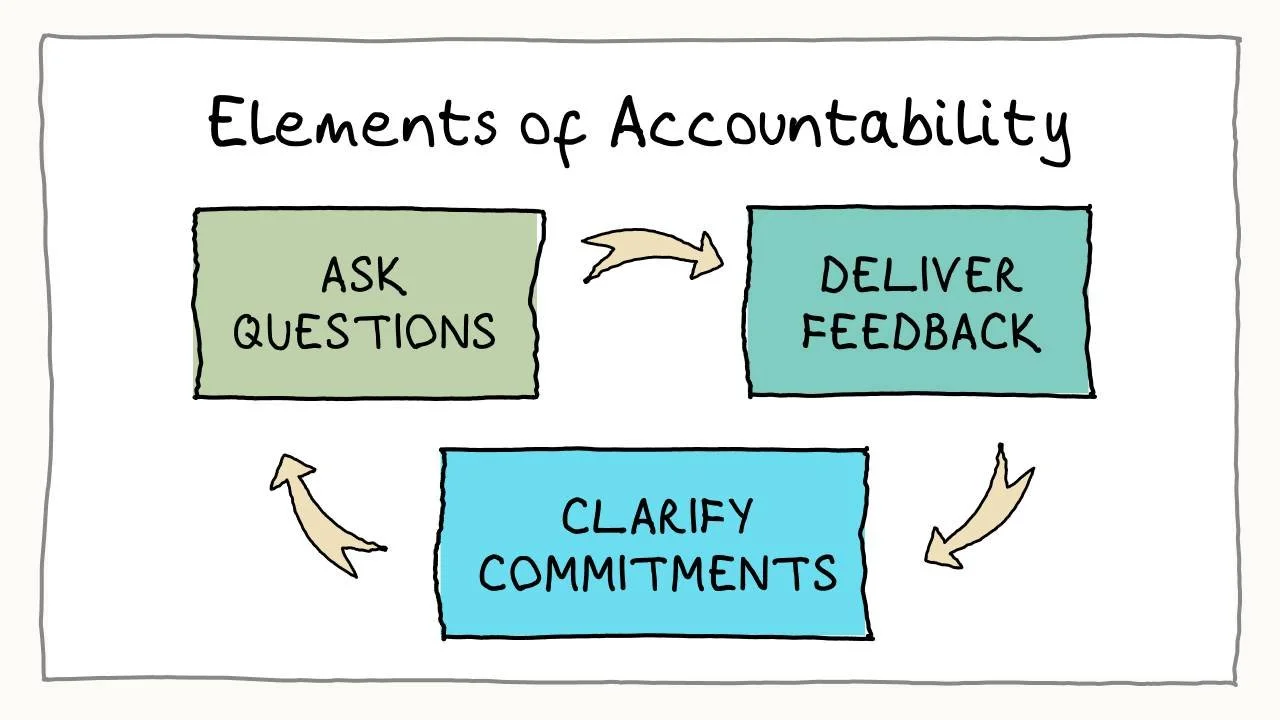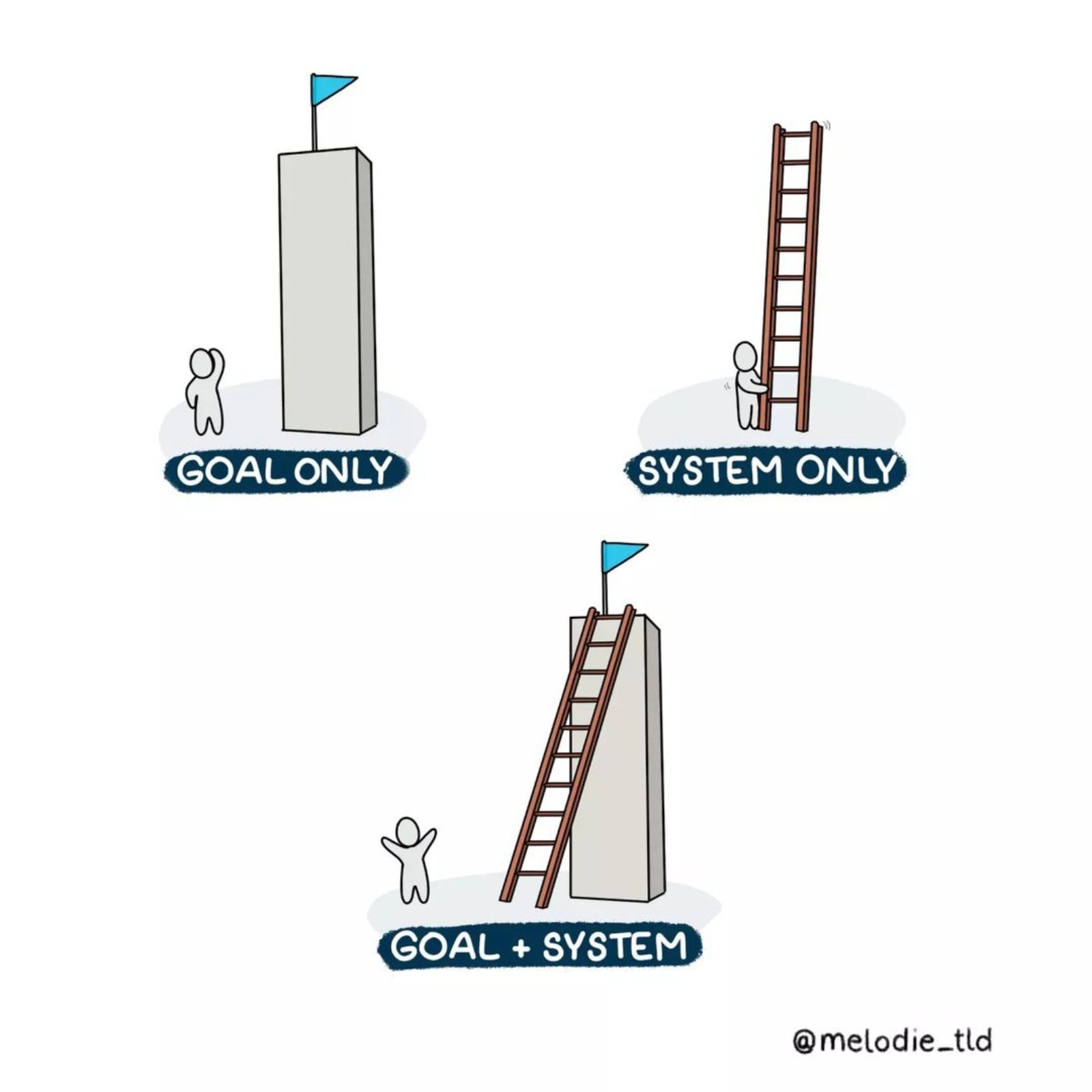My values are my life raft but how do I hold onto them while chasing the next goal and training the next generation to develop mental strength as a young man? I’ve asked myself this question many times. When reflecting on the highest-achieving organisations I’ve been part of—those that have overcome the most obstacles—I often ask: What were the defining attributes of the key leader at that time? In 90% of cases, the answer is the same: they were mentally strong.
Subtle shifts in behaviour
We live in an era shaped by ambitious goals and external expectations, where the pressure to measure up to others can make personal aspirations feel out of reach. The constant comparison - whether in careers, leadership, or personal growth - can create a sense of distance from one’s own path. As a leader, manager, or executive, the ability to navigate these pressures with clarity and confidence is crucial. Investing in coaching isn’t just a professional decision; it’s a commitment to self-awareness, strategic thinking, and sustainable growth. By developing your leadership capacity, you not only elevate yourself but also create a ripple effect that empowers those around you.
If you're ready to take the next step in your leadership journey, let’s connect. Send me an email to schedule a free 30-minute discovery session and explore how coaching can support your goals.
Communicating your vision
As your coach, I serve as the compass to help you "land the plane," so to speak. I act as a deep listener, helping you stay connected to the goals you set. So, let’s think about whether this is the next step you want to take. Here are a few questions to help you reflect:
What do you need to do?
How will you do it?
By when?
With whom?
What will success look like, and how will you measure it?
Contact me via email if you have any other considerations.
Success follows the bold
I think you have control when you take charge of your life, emotions, and goals, as this helps you stay calm and confident in tough situations. One has to stay focused on your goals and stick to good habits as this commitment enables you to bounce back from setbacks and keep moving forward. Challenge yourself to see difficulties as opportunities for growth and be eager to try new things and push yourself to improve. The belief in yourself and your abilities builds confidence, which is crucial for staying strong during tough times and persevering even after making mistakes.
Goal setting model
Here is the S.M.A.R.T goals definition breakdown:
Specific – Clearly defined and focused.
Measurable – Quantifiable criteria to track progress.
Achievable – Realistic and within current capabilities.
Relevant – Aligns with broader goals and is meaningful.
Time-bound – Specific timeframe for completion.
Managing expectations
How to develop a framework for high-achievement?
To develop a framework for high achievement you have to start by learning from your mistakes, using each one as a stepping stone for improvement. I think the cure for worry is continuous, persistent action toward your goals, as by clearly defining your targets you will create focused and effective plans that you can work on a daily basis. Prioritise the most critical tasks to ensure your efforts yield the best results, maintain your focus and concentrate on these important actions. Finally, decide in advance that no matter what obstacles arise, you will never give up, persisting until you succeed.
““Everyone is jealous of what you’ve got, no one is jealous of how you got it.””
Change is on its way
Communication comes in both words and deeds, so clear procedures, goals, methods, and deadlines are required. In successful transformations, leaders actively look for ways to obtain clear performance improvements, establish goals in an annual planning system, achieve these objectives, and reward the people involved with recognition, promotions, or financial incentives. Nothing undermines the communication of a change vision more than the behaviour on the part of key players that seems inconsistent with the vision. I think attitude training is just as important as skills training as guilt, political considerations and concerns over short-term results stop people from having honest discussions. It’s not possible to change habits built up over years and in some cases decades after only one workshop.
Contact me via e-mail to book an appointment.
““Language isn’t just a means of communication, it’s a reservoir of memory, tradition, and heritage.” ”
The pursuit of knowledge
Nowadays, we are especially sensitive to signs of trustworthiness in our leaders, and compassion increases our willingness to trust. The smartest people in the world know they don't need to know it all, as highly intelligent people seem to be consistently engaged in the pursuit of knowledge. I think the power of paying attention to our attention is that we become aware that this other stuff is happening that isn’t related to our goal and may actually prevent us from accomplishing our goals.
““The problem is not people being uneducated. The problem is that people are educated just enough to believe what they have been taught, and not educated enough to question anything from what they have been taught.””
Effort vs. results
The Pareto Principle is also referred to as the 80/20 rule, and the concept originated from an observation made by Italian economist Vilfredo Pareto. This principle suggests that approximately 80% of effects are driven by 20% of causes. Therefore, I think one should focus on the 20% that yields 80% of the results as not everything is a priority.
Remember that results must be S.M.A.R.T (Specific, Measurable, Achievable, Relevant, and Time-Bound) and should be defined in terms of goals that can be clearly measured. If the goals are achieved, the results are accomplished, and the job is done. Efforts are actions and they specify the plan that must be executed to achieve the results.
The scoreboard never lies
I think systems are more powerful and effectiveness than goals. My ultimate aspiration is to maintain lifelong health, mobility, abundant energy, and endurance, enabling me to enjoy playing with my great grandchildren. To achieve this, I recognise the importance of establishing a set of disciplines to guide my actions. While goals are valuable for providing clarity on what needs to be accomplished, they only serve as a temporary guide. It's crucial to emphasise that the system or process we adopt is the key differentiating factor, and this system encompasses a collection of habits that support my long-term vision. Once I know the direction I'm heading, I can set the goals aside and focus on faithfully following the system. This is because achieving a goal might bring momentary satisfaction, but it's the consistent adherence to a well-designed system that leads to lasting and meaningful results.
Dreams inspire the soul
Happy New Year, may all your dreams and goals be fulfilled in 2023. When we have a clear, inspiring vision of our desired future, it can unlock energy and creativity to pull you ahead. To achieve our goals, we must know what and how to learn, then actively search for information in a consistent and purposeful way. We call short-term goals confidence builders, these are goals for the immediate future, for example, tomorrow, this week, this month, this year. In contrast, long term goals are our dreams and visions for the next 3 to 5 years.
Where do you want to go?
Where do want to be?
What do you want to see?
Contact me via e-mail for a 1:1 sparring.
Do you agree?
If you agree with the Greek philosopher, Aristotle, that all human action is purposeful in some way, and you are only truly happy when you are doing something that is moving you toward something that you want. The big questions then become:
· What are your goals?
· What purposes are you aiming at?
· What do you want at the end of the day?
This year I had the opportunity to work with a global financial services organisation, and they clarified their purpose as ‘enabling positive futures’. In other words, the better able they are to deliver financial services, the more likely they are to enable the positive futures of their customers. The key was that every employee in their organisation was conscious of this purpose and incorporated it into everything they did.
Pursuing purpose
Purpose gives you an overriding reason to do and act in certain ways, then using agile practices to respond to changes in the environment, I think you will be able to align quickly to the direction that you set. The commitment to the framework goals that you are trying to pursue, and the purpose driven approach helps you to do that as well. Agile is very people centred, it’s about giving people autonomy so that they can pursue the initiatives that you are trying to put in place. Agile is the ideal approach to execute change because it tends to make more committed employees and give them more of a reason to want to engage and develop the change programmes you are trying to pursue.
Taking the correct path
A dream written down with date for completion becomes a goal.
A goal broken down into steps becomes a plan.
A plan backed by action becomes reality.
“Any idea that is held in the mind, that is emphasised, that is either feared or revered, will begin at once to cloth itself in the most convenient and appropriate form available.”
Life is just a moment
There are times when we all long for a simple way out, a procedure to follow rather than a process to understand. I think a mentor is someone who shares their knowledge, skills, and experience, to help another to develop and grow; and a coach is someone who provides guidance to a client on their goals and helps them reach their full potential. There is no reason why you cannot be both a coach and mentor, as the skillsets required to fulfil these roles are similar and to some degree interchangeable, for example, forming relationships to help a person develop. They are both rooted in learning and training and require a level of trust, respect, and communication in order to work.
When I am coaching, I usually coach on a specific topic or skill and focuses on “you”. I expect that after coaching this specific topic or skill you will be able to perform in a day-to-day basis using the knowledge gained from it. When mentoring, I’m focused on the present and future whilst using my experience and perspectives gained from the past elevate and evolve the current relationships. Does this make sense? Contact me now to book your coaching and mentoring sessions.
Redefining your goals
A campaign without a clear goal is essentially a waste of money, as you won’t know how to measure the impact or value of the work you’ve put in. Goals are there to provide clarity, purpose, direction and vision. Whether personal or commercial, they are what lead to success for you, your department, and the business as a whole. Hitting your goal proves you're making an impact. Contact me via e-mail for an evaluation of your goal setting procedures.
Identifying your brand metrics
What goals should brands be focused on?
It’s a combination of enhancing your brand, building up your credibility and cache and lead generation. There are several other goals that may be important as well, such as the sense of accomplishment. I’d strongly suggest that you don’t let the more intangible goals get in the way of the tangible ones as you can do both – it just takes planning, discipline, and focus.
Here are some action goals:
⁃ Add value
⁃ Make it work for them
⁃ Know your business goals
⁃ Make it actionable
⁃ Stay flexible
Contact me via e-mail for an overview of your brand goals.
Setting goals
I wrote it down, put a date on it, listed the obstacles I had to overcome, identified the people, the groups, the organisations I needed to work with, spelled out a plan of action, set that time limit in there, and identified all the benefits to me. It was only when I did that, that the goal became a reality.
“If you want to achieve your goals, help others achieve their goals.”
Talk is cheap
What are the changes we seek to make, in order to become the type of person we want to be?
There are a series of choices we have to make, and I think these choices are easier if we have habits. Habits get us results; goals are results! Having a goal that you are going to for example, go to lose weight does not tell me anything. Whereas having the goal to go to the gym every other day for 6 months and you are going to get as fit as a fiddle is a way more specific goal and is totally in your control.
Startup thinking
When you start a business there is a method and there are things you need to do in order to build it up. In business you have to set certain goals that you want to achieve and then act towards achieving those goals. Once you have defined your goals and begin to pursue them with your team you will find that obstacles continuously arise as you go towards it.
Whenever you create something new, it’s rarely a smooth progression, you will have to overcome obstacles along the way in the form of people or situations that go wrong. When an obstacle arises, immediately face the obstacle which comes in the form of a situation, something not working, something going wrong or perhaps somebody trying to sabotage you. Never react towards the obstacle as if this should not be happening, face it and see what the way beyond it is. How can I either dissolve it, bypass it, or use it? So, I do not enter a state of reactivity when obstacles appear on your paths.
What is your relationship to difficulties and obstacles that arise as you travel towards your goal?





















